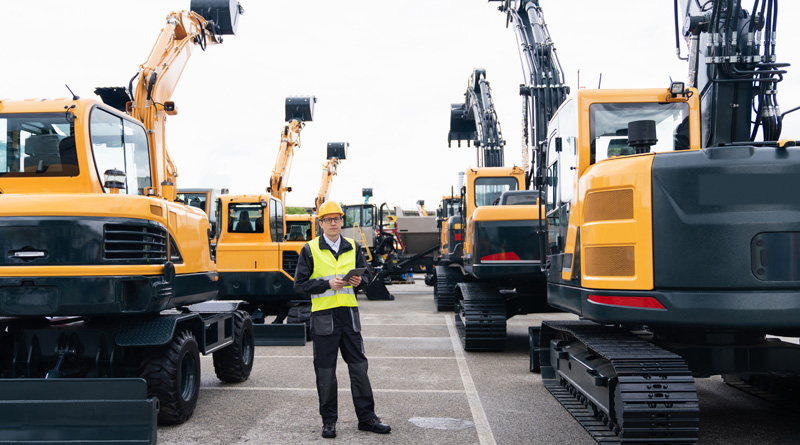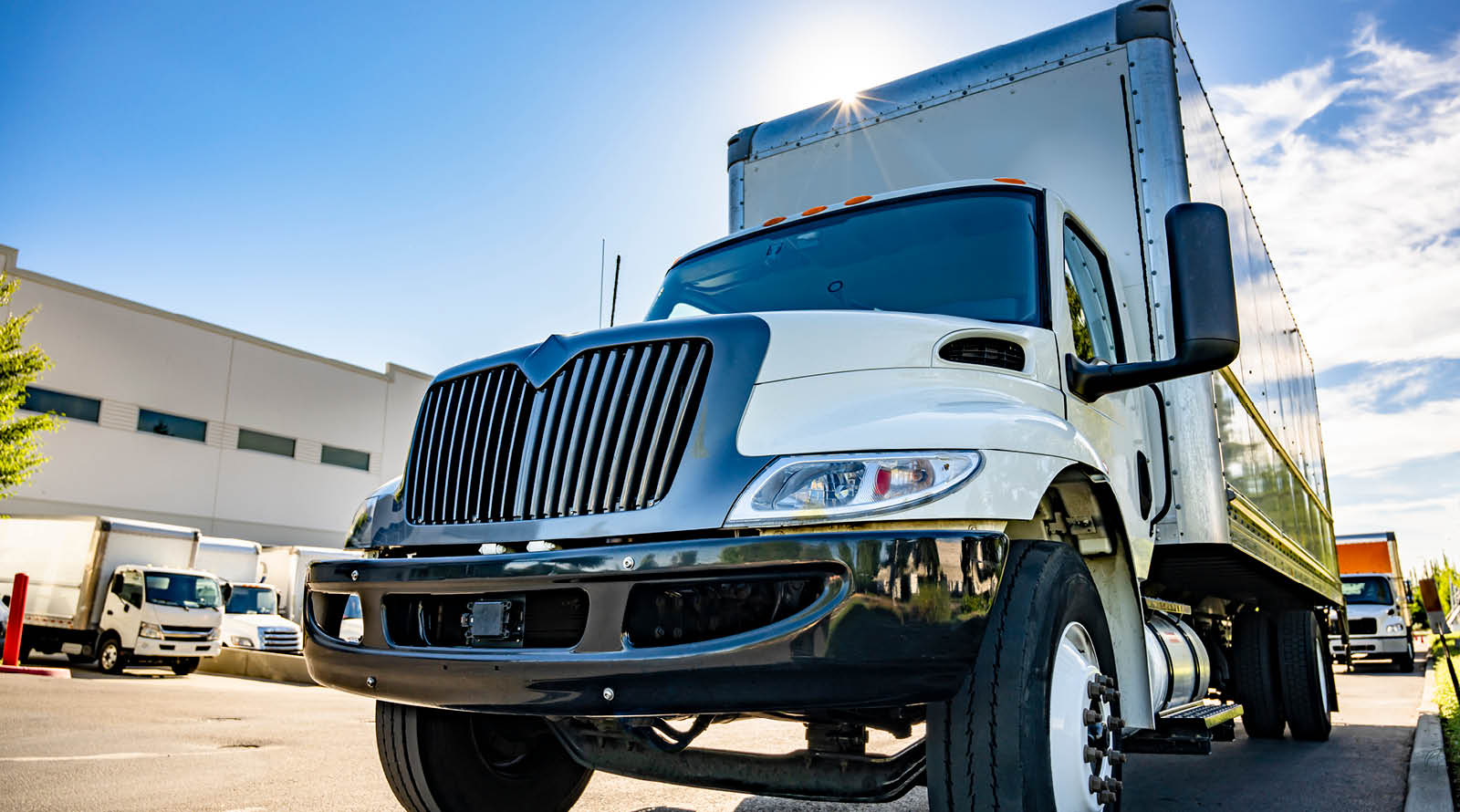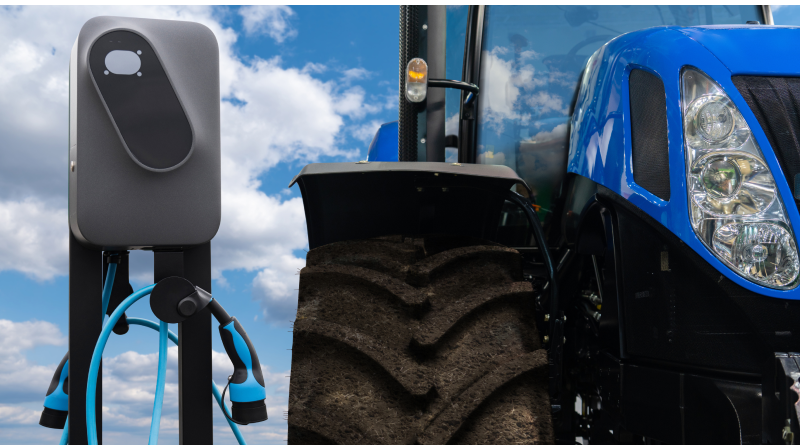Your guide to the best tractor for small farm
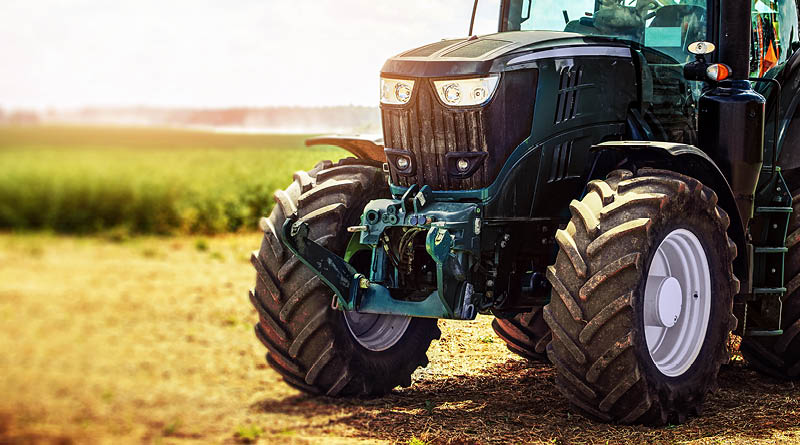
Starting a small farm or homestead is exciting, but it also comes with one big challenge: finding the right equipment to handle everything from soil prep to hauling feed. For most new farmers, the tractor becomes the heart of the operation — and choosing the wrong one can limit productivity, increase maintenance headaches, and cost more in the long run.
Whether you’re managing a few acres for hobby farming or planning to expand into a full-scale farmstead, the best utility tractor for your small farm will be reliable, versatile, and sized to match your acreage and workload. In this guide, we’ll break down the best tractors for small farms, highlight top brands and models, and give you practical advice based on real-world farming needs.
Quick answer: Best tractor brand for small farms
If you want a tractor that will serve you for decades, Kubota is widely considered the best overall brand for small farms and homesteads. Here’s why:
- Proven reliability: Kubota tractors are known for their robust build and minimal downtime, even under heavy use.
- Versatile attachments: From loaders to backhoes to tillers, Kubota offers a broad range of implements that make one machine do the work of many.
- Easy maintenance: Parts are readily available, and the tractors are designed for straightforward servicing.
- Resale value: Kubota holds its value exceptionally well, making it a smart investment if you ever upgrade.
While brands like John Deere and New Holland also make excellent small farm tractors, Kubota’s balance of durability, versatility, and long-term value keeps it at the top for most small-acreage farmers.
Ritchie Bros.’ top 3 picks worth considering
When it comes to specific small tractor models, these three models consistently rank high for small farm performance, comfort, and adaptability:
1. Kubota L2501 – Best all-around small farm tractor
- 24.8 HP diesel engine (Tier 4 Final)
- Ideal for 5–20 acres
- Handles mowing, loader work, grading, and light tillage
- Price range: ~$20,000–$24,000 (new)
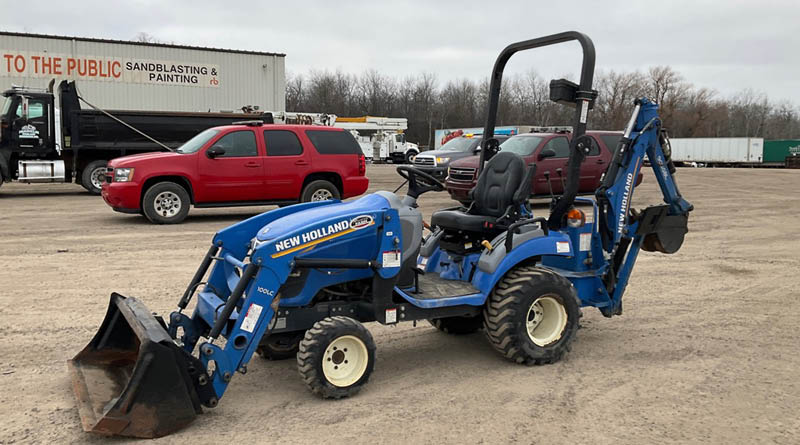
2. John Deere 3025E – Great for loader and hauling work
- 24.7 HP diesel engine
- Compact size for maneuvering in tight barnyards
- Known for smooth hydrostatic transmission
- Price range: ~$23,000–$26,000 (new)
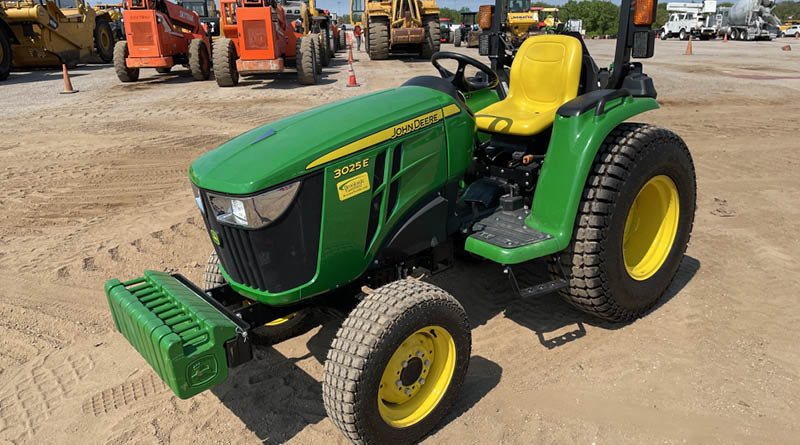
3. New Holland Workmaster 25 – Budget-friendly with solid features
- 24.7 HP diesel engine
- Compatible with a variety of small farm implements
- Comfortable operator platform for long days
- Price range: ~$18,000–$21,000 (new)
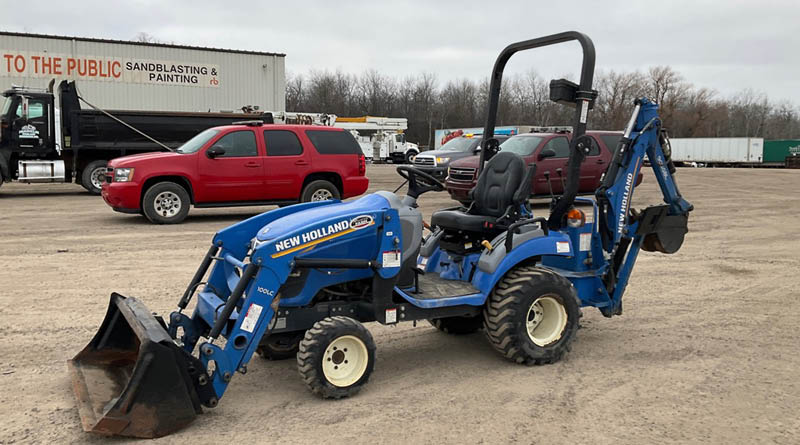
These models strike the best balance between power, versatility, and affordability for the average small farm, and all have strong reputations for reliability and ease of use.
What makes a tractor reliable for small farms?
When you’re investing in a small farm tractor, reliability is about more than just avoiding breakdowns — it’s about getting consistent performance year after year, with minimal downtime and manageable upkeep costs. A reliable tractor for a small farm should have:
- Proven engine durability – Diesel engines from trusted manufacturers like Kubota, Yanmar, or John Deere are known for running thousands of hours with proper maintenance.
- Solid build quality – Look for heavy-duty frames, quality hydraulics, and strong loaders or three-point hitches that can handle your farm’s most common tasks.
- Accessible parts and service – A nearby dealer network ensures that when maintenance is needed, you can get back to work quickly.
- Simplicity in maintenance – Reliable tractors often feature straightforward mechanical systems that make routine service easy, even for owners doing it themselves.
Kubota, John Deere, and New Holland all score well here, but Kubota tends to lead among small-acreage farmers thanks to its combination of build quality, ease of repair, and long-term dependability.
Choosing the right tractor size for your acreage
One of the most common questions new small farm owners have is: “What size tractor do I need for my acreage?” Choosing the right size matters because underpowered machines can’t keep up, while oversized tractors are harder to maneuver and more expensive to run.
At Ritchie Bros., we conduct over a hundred farm auctions every year, working directly with farmers of all sizes — from first-time hobbyists to multi-generation operations. Our team understands how tractor size impacts efficiency, cost, and long-term value.
Here’s a quick acreage-to-tractor size guide for small farms:
| Acreage | Recommended HP Range | Typical Uses |
| 1–5 acres | 20–25 HP | Mowing, light hauling, garden prep |
| 5–10 acres | 25–35 HP | Loader work, tilling, pasture management |
| 10–20 acres | 35–50 HP | Hay handling, heavier tillage, small livestock operations |
| 20+ acres | 45–60 HP | Larger implements, higher production workloads |
Tips for sizing your tractor:
- Match horsepower to your heaviest regular task, not just your average workload.
- Factor in future growth — buying slightly larger than your immediate needs can save you from upgrading too soon.
- Consider implement compatibility; loaders, tillers, and mowers all have minimum HP requirements.
If you’re unsure, our auction sites are open for inspection and testing ahead of each event. If you’ve found a few tractor models that would work for your farm, we highly recommend to test before you bid, and ensure a great fit for your farm.
Tractor recommendations by farm type or use
Not every small farm has the same needs. A homestead focused on vegetables will use its tractor differently than a farm raising livestock or maintaining pastures. Matching your tractor to your primary work ensures you’re getting the most out of your investment.
- Vegetable & Market Gardens (1–10 acres)
- Compact tractors with 20–35 HP are ideal. Models like the Kubota L2501 or John Deere 3025E work well for cultivating beds, moving compost, and hauling harvests.
- Livestock-Focused Farms
- If you’re feeding, cleaning pens, or moving hay bales, look for 35–50 HP with a loader and possibly a bale spear. The New Holland Workmaster 35 is a good example in this category.
- Mixed-Use or Hobby Farms
- Flexibility is key here. Tractors in the 25–40 HP range with quick-attach loaders and PTO options for mowers, tillers, and augers will cover most seasonal work.
We’ve worked with farms in all these categories — from single-acre gardens to multi-acre livestock operations — and we’ve seen how the right machine can save hours of labor every week. The goal is to choose a tractor that can adapt with your farm as it grows.
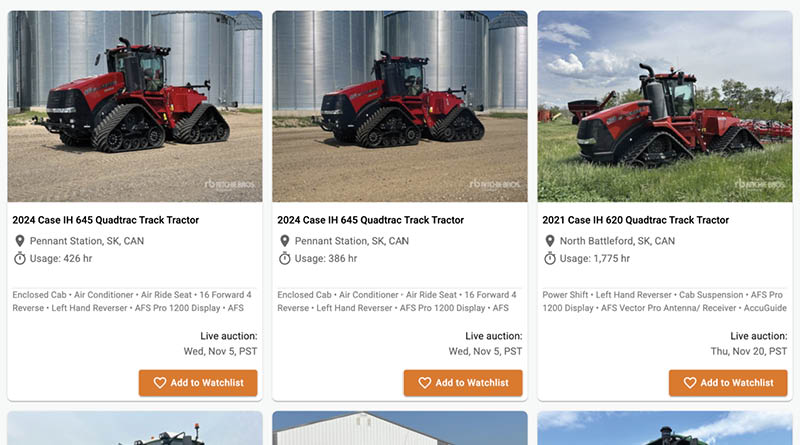
Final thoughts: Picking a tractor that grows with your farm
The best tractor for your small farm is one that meets your needs today but also has enough capability to handle tomorrow’s projects. Whether you choose the dependable Kubota L2501, the versatile John Deere 3025E, or the value-friendly New Holland Workmaster 25, the right fit will make daily chores faster, safer, and more enjoyable.
At Ritchie Bros., our role is to connect farmers with tractors that fit their needs, backed by brands and models with proven track records in the field. Choose wisely, and your tractor won’t just be another piece of equipment — it’ll be a partner in your farm’s success for years to come.
 |
How Ritchie Bros. delivers global scale for your assets |



